Moritz Staudinger
A Reproducibility and Generalizability Study of Large Language Models for Query Generation
Nov 22, 2024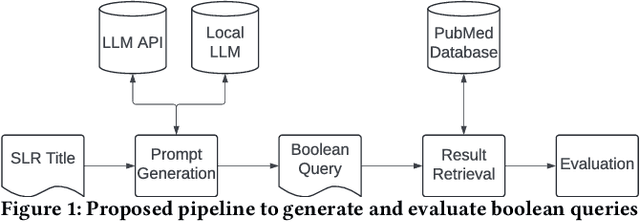
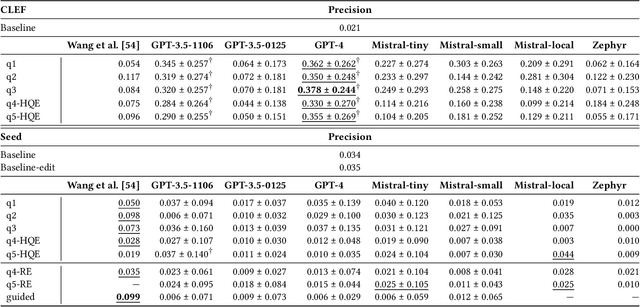

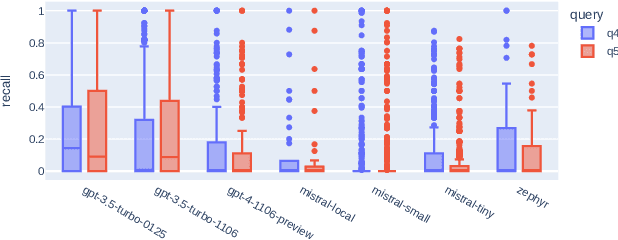
Abstract:Systematic literature reviews (SLRs) are a cornerstone of academic research, yet they are often labour-intensive and time-consuming due to the detailed literature curation process. The advent of generative AI and large language models (LLMs) promises to revolutionize this process by assisting researchers in several tedious tasks, one of them being the generation of effective Boolean queries that will select the publications to consider including in a review. This paper presents an extensive study of Boolean query generation using LLMs for systematic reviews, reproducing and extending the work of Wang et al. and Alaniz et al. Our study investigates the replicability and reliability of results achieved using ChatGPT and compares its performance with open-source alternatives like Mistral and Zephyr to provide a more comprehensive analysis of LLMs for query generation. Therefore, we implemented a pipeline, which automatically creates a Boolean query for a given review topic by using a previously defined LLM, retrieves all documents for this query from the PubMed database and then evaluates the results. With this pipeline we first assess whether the results obtained using ChatGPT for query generation are reproducible and consistent. We then generalize our results by analyzing and evaluating open-source models and evaluating their efficacy in generating Boolean queries. Finally, we conduct a failure analysis to identify and discuss the limitations and shortcomings of using LLMs for Boolean query generation. This examination helps to understand the gaps and potential areas for improvement in the application of LLMs to information retrieval tasks. Our findings highlight the strengths, limitations, and potential of LLMs in the domain of information retrieval and literature review automation.
Reproducible Hybrid Time-Travel Retrieval in Evolving Corpora
Nov 06, 2024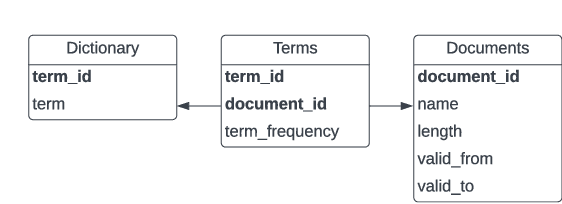
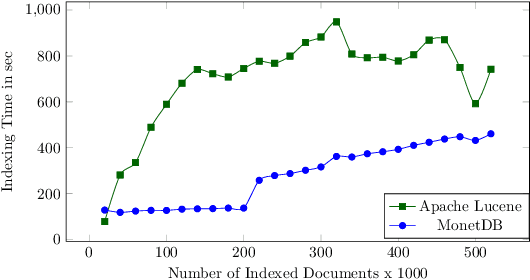
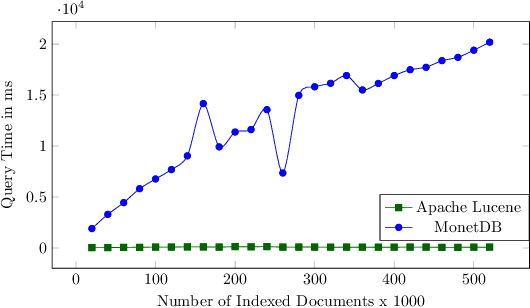
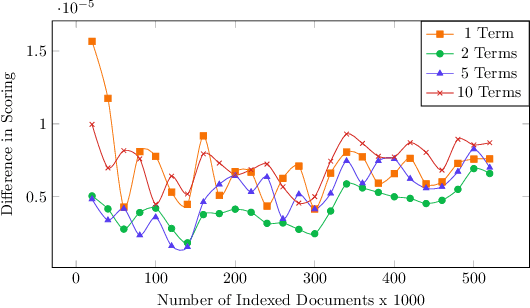
Abstract:There are settings in which reproducibility of ranked lists is desirable, such as when extracting a subset of an evolving document corpus for downstream research tasks or in domains such as patent retrieval or in medical systematic reviews, with high reproducibility expectations. However, as global term statistics change when documents change or are added to a corpus, queries using typical ranked retrieval models are not even reproducible for the parts of the document corpus that have not changed. Thus, Boolean retrieval frequently remains the mechanism of choice in such settings. We present a hybrid retrieval system combining Lucene for fast retrieval with a column-store-based retrieval system maintaining a versioned and time-stamped index. The latter component allows re-execution of previously posed queries resulting in the same ranked list and further allows for time-travel queries over evolving collection, as web archives, while maintaining the original ranking. Thus, retrieval results in evolving document collections are fully reproducible even when document collections and thus term statistics change.
 Add to Chrome
Add to Chrome Add to Firefox
Add to Firefox Add to Edge
Add to Edge